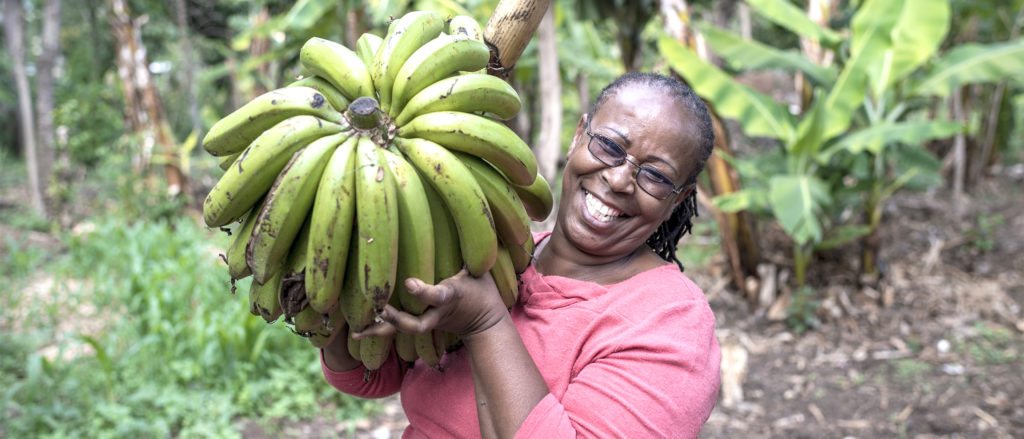Fatoumata Sanfo lives in Burkina Faso, in the heart of the Sahel region. For her, “socio-economic transformation” simply means access to clean, safe and affordable energy to cook meals for her family.
Her story is representative of the worrying global situation of populations in developing countries still dependent on firewood and charcoal as a source of energy. Up to 3 billion people using solid fuels on open fires to meet their cooking and heating needs is glaring proof of the magnitude of this problem.
Climate change has also not made it easy for marginalized populations who have been scathed by its effects. From erratic rainfall patterns in Burkina Faso, to Kenya’s rising temperatures and unpredictable rainfall, the continued depletion of necessary resources paints a bleak future for the survival of current and future generations.
“Before I got the bio-digester, life was harsh,” says Fatoumata Sanfo from Burkina Faso in the documentary.A new documentary
The documentary 10 years of powering lives offers a personal snapshot of how biogas is igniting the “power” of households by restoring barren soils and providing access to a clean, affordable and sustainable source of energy.
Because of the bio-digester, we are farming climate-smart.
Musasi Dawson in 10 years of powering lives
An effective approach
What is happening now was no secret ten years ago. That’s when Hivos, together with partners SNV, the Dutch Ministry of Foreign Affairs and Energizing Development (EnDev), created the Africa Biogas Partnership Programme as an innovative way to build the resilience of communities threatened by climate change. The approach was simple: use widely available animal dung to produce clean energy (biogas) and improve agricultural yields (with bio-slurry), and build a commercial market for the biogas sector in Africa. This effectively linked renewable energy with economic development.
Ten years later, the ABPP’s bio-digester technology has given more than 500,000 people in Kenya, Uganda, Tanzania and Burkina Faso access to clean, affordable energy and improved their climate change coping mechanisms thanks to climate smart agriculture. Biogas technology has also created jobs, improved agricultural production and reduced dangerous indoor pollution that particularly affects women and children.
While keeping their promise to transform lives in Africa, ABPP has been equally keen on amplifying vital voices like Fatoumata Sanfo’s to persuade decision makers to decentralize renewable energy solutions.
New solutions
In Kenya, the Biogas Enterprise Acceleration Facility (BEAF) has been an ambassador in training young masons from various enterprises to provide professional and quality services for clients in the biogas sector. This has helped these enterprises win government tenders to construct institutional bio-digesters – a major source of income for youth.
In Uganda, market development opportunities have taken an interesting turn. Here, commercialization of bio-slurry (a by-product of biogas used as a pesticide and fertilizer) has seen farmers triple their income by selling it to neighboring farms.
Burkina Faso’s value chain marketing in rice, sesame, cotton, fish farming and sugarcane is creating demand for biogas technology amongst farmer organizations because it boosts food production. Seizing this opportunity, the government of Burkina Faso, led by His Excellency President Roch Marc Christian Kabore, is leading an alliance in West Africa for the expansion of the bio-digester technology in the Sahel countries.
Lastly, Tanzania and Ethiopia’s bio-slurry markets have significantly improved agricultural production in horticulture and coffee.

